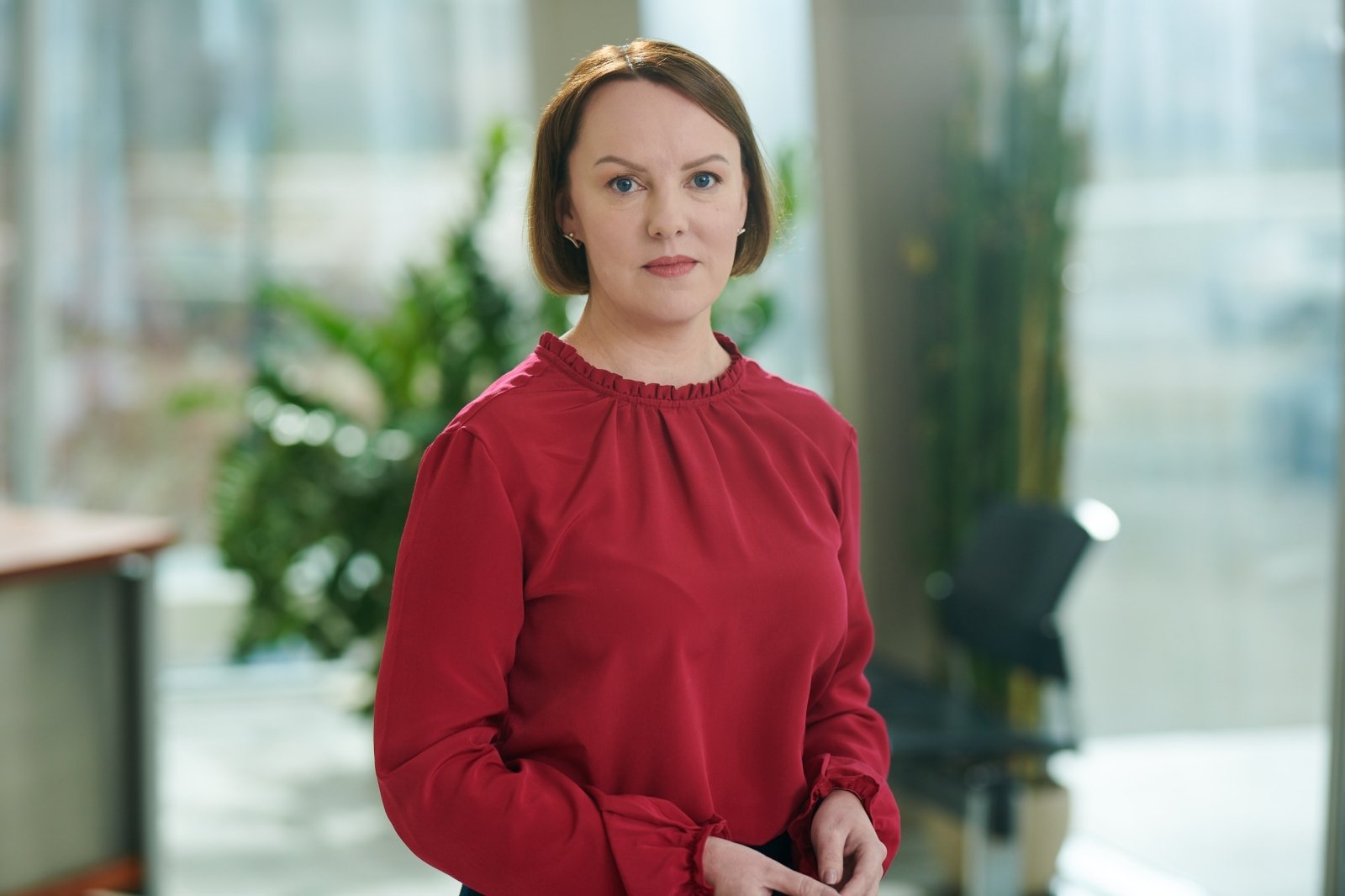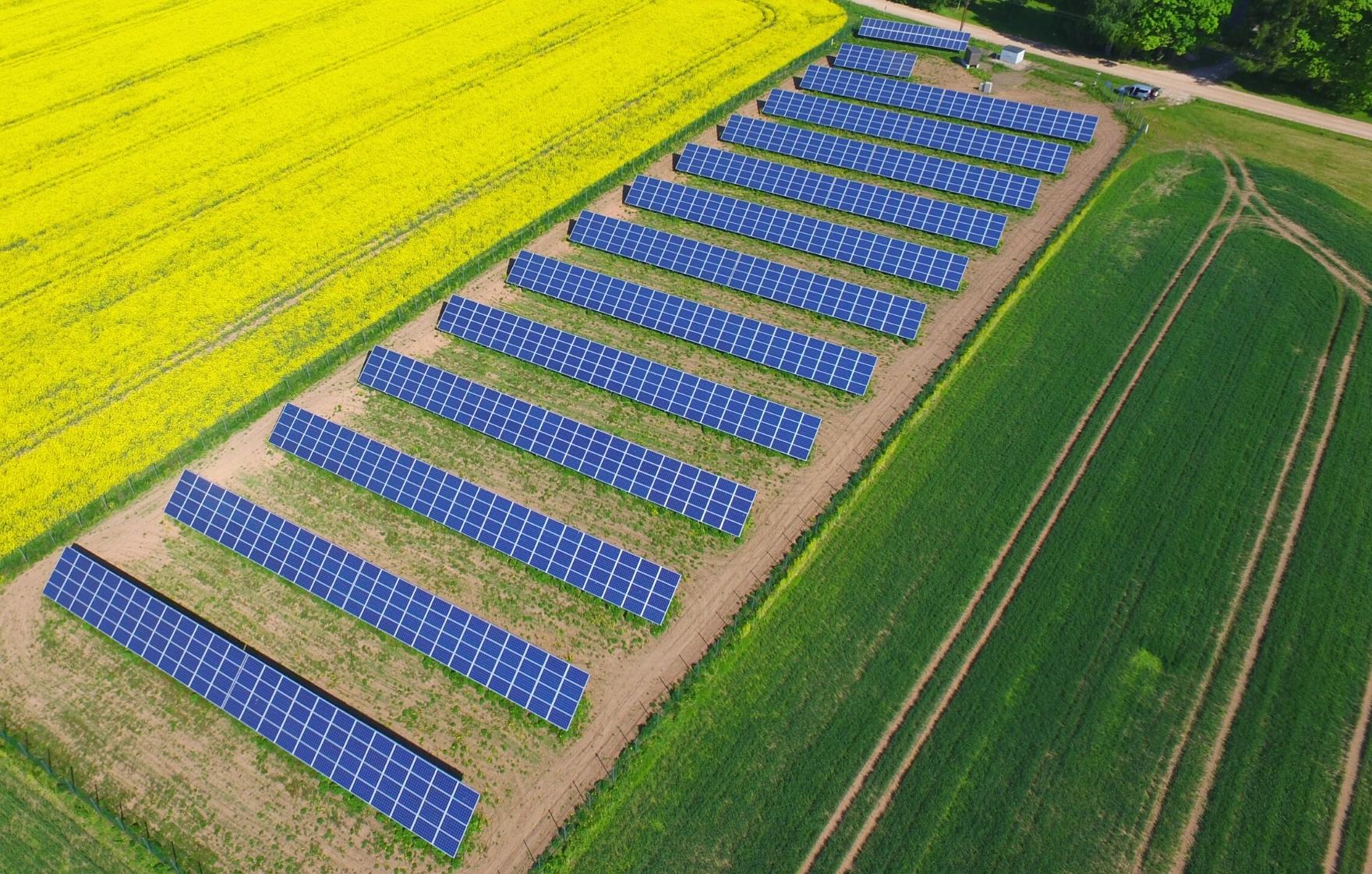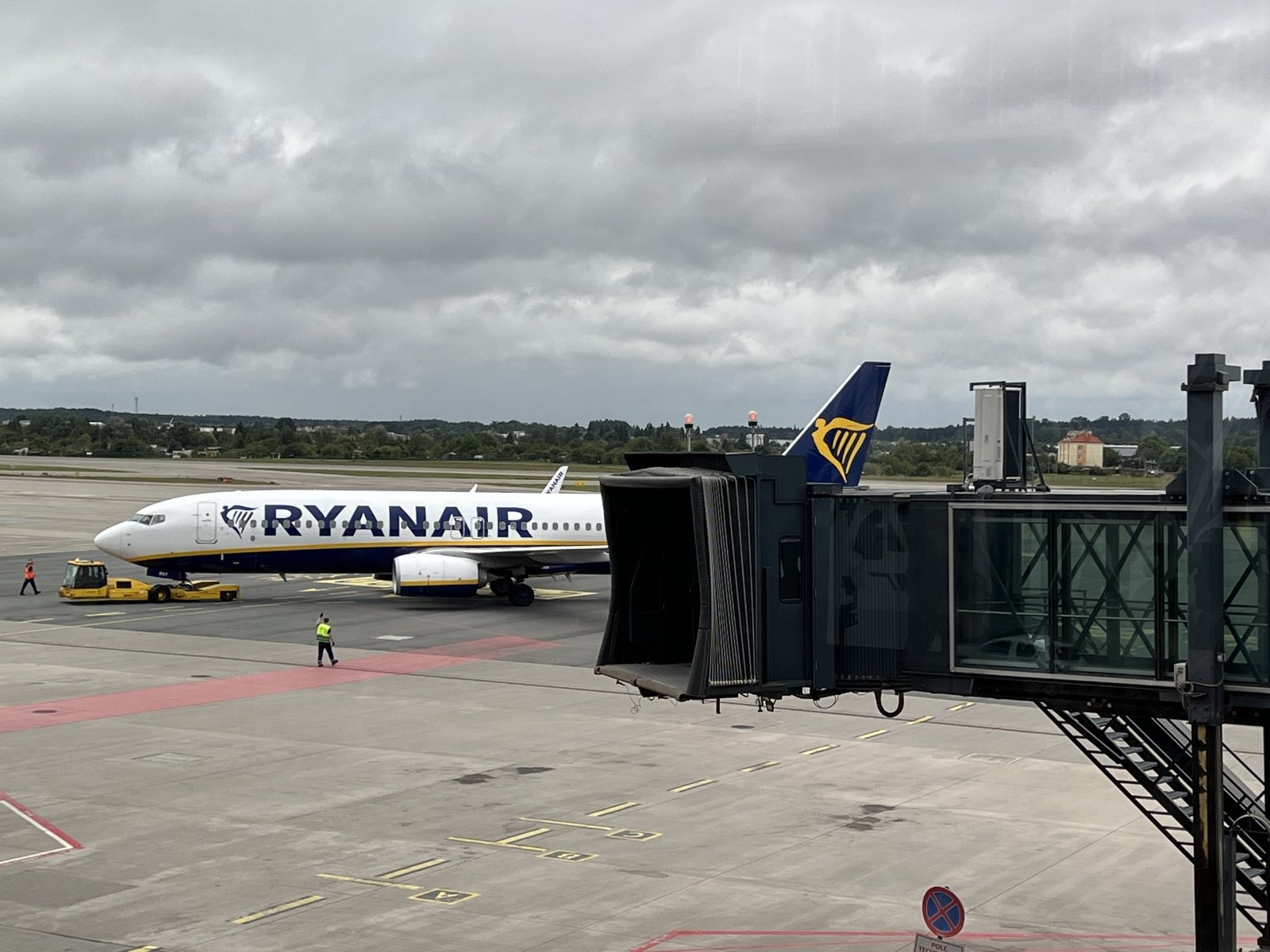Inga Balnanosiene. The mission is to show Lithuanians who have left Lithuania a changed Lithuania
Until recently, this was relevant to other countries fighting for the best in the global brain market. News about the brain drain was complemented by reports about the breakthrough of scientific projects in one or another field. We rarely associated these phenomena with Lithuania. But now things are different. Over the past decade, Lithuania has proven that it is seen as an advanced country, and when it comes to migration, there are more and more claims that with EU with seniority, we already compete not only with employees, but with the most talented of them. Those who create high added value not only in the country, but also in the world.
Are you kidding me? Are you going to fight for a specialist with Germany or Sweden? These are attitudes and fears dictated by old thinking. I believe that this mentality is already changing, and the understanding of who we are and what we can do will only increase.
Gone are the days when Lithuanians went to an international event only as timid observers or scouts for innovations. Now our students are winning significant projects of NASA and other similar organizations, everyone has heard about the success of Lithuanians in lasers, biotechnology and other scientific fields. In other words, Lithuania is one of those countries where there is something for talented specialists to do. Therefore, it is natural that companies look for them all over the world – in competition with other EU countries.
And here it looks with a universal new challenge: how to make that workplace not only sustainable, but also interesting? Today’s talent will not be interested in the usual environment, he is attracted to what I would not even call professional development, but professional adventure. What can I do differently, more interestingly? What will all this do for me as a professional? These are the questions these people ask themselves. Are there such jobs? in Lithuania? Yes.
Today’s talent will not be interested in the usual environment, he is attracted to what I would call not even professional development, but professional adventure
Inga Balnanosiene
Companies that work with the highest level of technology are recognized in the markets for their unique approach and innovation. Vitamins in sewn clothing, healthy nutrition services, using mobile technology solutions are just a few examples of what is currently being developed in Lithuania, not to mention other traditionally innovative sectors.
But there is another side of the coin. Talented Lithuanian people still decide to look for happiness abroad. Or those who left earlier imagine Lithuania as it was when they left many years ago. They are distant and little informed about the actual process, I can’t assess the progress when I come for a short vacation in the summer or at Christmas. Therefore, you are also looking very much among your own people, who might want to return if the conditions are favorable.
There are initiatives and organizations in Lithuania that invite compatriots to return, study, and bring family members here. Developed consulting systems on various platforms. A couple of years ago, a step was taken to bring it all together. The initiative of the Employment Service “Maybe to Lithuania” started at a difficult time – after the start of the global pandemic. In 2020, a sociological survey of Lithuanians living more was conducted.
It turned out that even 45 percent would consider returning. It was a clear signal to act to make that intention a reality in the future. The first steps were not easy: we worked remotely, meeting people face to face. But there was time for preparations. Embassies and partners living in other countries helped a lot by inviting the community to see what Lithuania is like now.
During the subsequent meeting, many times I had to watch the amazement in the eyes of the Europeans gradually realizing that so many changes have taken place, Lithuania is no longer simply an industrial Eastern country. That you can create, work, earn and live here no worse than in a foreign country. Those who left realized that not only they, but also their families and children are welcome here. Integration programs already in operation. The initiative was further strengthened by live meetings in foreign countries that started last year. Every time we were pleasantly surprised to see full halls and we always had longer events than planned. People have many questions.
More than 3 thousand compatriots have already visited our events. He spoke with them in England, Ireland, Spain, and the United States of America. Next year, we are waiting for meetings in the Nordic countries, which are gradually becoming the new center of attraction for our emigrants. We are often asked about the possibility of living and working in the regions – not everyone wants to settle in bigger cities. We have collected a lot of data about the conditions in the regions, their job offers for returnees. suppose Vilnius is obvious IT sector leader, and here it is Kaunas specializes in manufacturing and engineering industry, but the field of robotics is developing rapidly in Panevėžys, and very interesting jobs with long-term prospects are offered there.
Other interesting things emerged about the attitudes of those who left. We decided that on our return we should be more relevant to the Lithuanians living in Great Britain, who may initially see my place as a temporary job not very far from Lithuania. Some intend to stay there, but still consider returning someday. Meanwhile USA it looks like a place that has already moved to live, and there are no thoughts of returning. We were wrong – there are compatriots living there who would like to link their or their children’s future with Lithuania. True, their knowledge of our country is outdated and not real, and each such contact helps to create a different picture.
It would be naive to expect quick results. Will people come back? It also depends on other factors. How will we maintain and strengthen established relationships with communities, how will the support systems created for them function?
Inga Balnanosiene
The nature of the interest in these events and issues shows that we are on the right track, but a lot more needs to be done before the country’s labor market feels the real benefits. It would be naive to expect quick results here. Will people come back? It also depends on other factors. How will we maintain and strengthen established relationships with communities, how will the support systems created for them function? Over the past year, hundreds of people returned to Lithuania by road. Most of them are from Great Britain and Spain. They received information about the services from the Employment Service at those meetings, and now they all have jobs. Their children are learning, they are retraining if it is necessary to recognize the competences they have acquired or simply to adapt in a professional sense.
It’s not much, but the process has moved forward, so we need to keep working in that direction. We will do it. Denmark is a particularly important destination, which Lithuanians are increasingly choosing for life and work. Danes are making great efforts to attract talent from all over the EU. In Norway, they have lower qualifications employees from Lithuania, and our doctors, nurses, social workers, engineers are leaving for Dan. This country may become a serious competitor to Lithuania in the future. I’m talking about representatives of professions that we already have a huge shortage of.
The program “Maybe to Lithuania” is important not only as an information tool for compatriots. In addition, financial support is provided for talents who have returned to Lithuania. After starting work in places with high added value, they claim to receive a payment – as a thank you for returning, settling down and creating a better Lithuania together.
It is strictly forbidden for DELFI to publish the information for use on other websites, media or elsewhere or to distribute our material in any form without consent, if you do, it is necessary to credit DELFI as the source.




